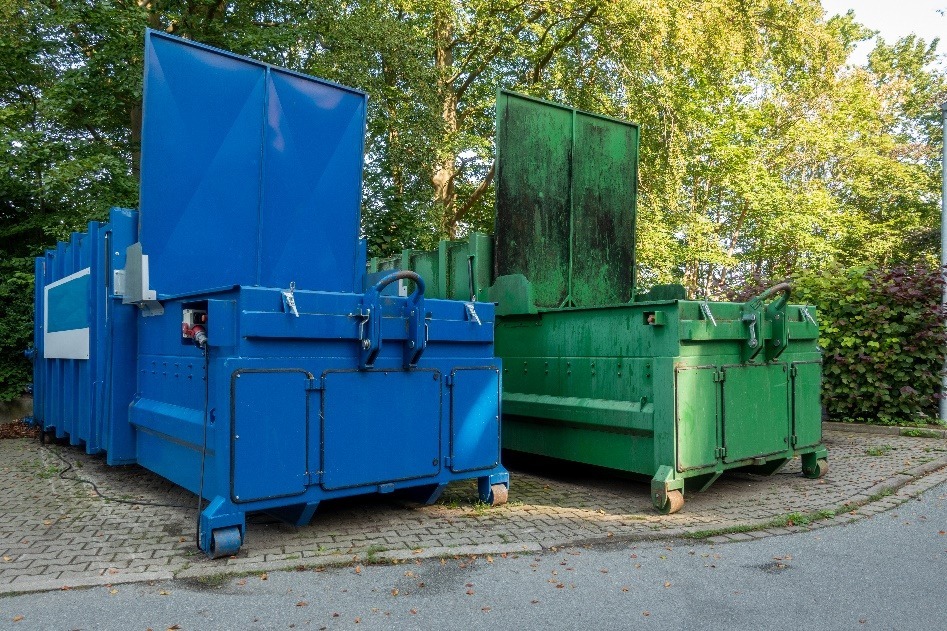
Image Source: Google
Waste management is a critical issue that affects every corner of the planet. With the global population continually increasing, the amount of waste generated is also on the rise. This creates a significant challenge for communities and governments to effectively manage and dispose of waste in a way that minimizes its impact on the environment. One solution that has proven to be highly effective in revolutionizing waste management is the use of compactors.
A waste management compactor is a machine that compresses waste materials into smaller, more manageable sizes. By reducing the volume of waste, compactors make it easier to transport and dispose of, thus saving space in landfills and reducing the number of trips required for waste collection. This not only helps in optimizing waste management processes but also plays a significant role in reducing the environmental impact of waste disposal.
One of the most significant environmental benefits of using compactors is the reduction in greenhouse gas emissions. When waste is compacted, it takes up less space in landfills, which means that less land is needed for waste disposal. This reduces the need to create new landfills or expand existing ones, thereby helping to preserve natural habitats and ecosystems.
Compact waste also reduces the risk of pollution and contamination. When waste is left unattended or improperly disposed of, it can pose a threat to the environment and public health. By compacting waste, the likelihood of littering and waste dispersal is significantly reduced, thereby minimizing the risk of pollution in water bodies, soil, and air. This not only helps in preserving the beauty of natural landscapes but also in protecting the health and well-being of communities living in proximity to waste disposal sites.
Another key advantage of compactors is their ability to save time and resources. By compressing waste and reducing its volume, compactors enable waste management companies to collect larger quantities of waste in fewer trips. This leads to cost savings in terms of fuel, labor, and equipment, as well as a reduction in carbon emissions associated with transportation.